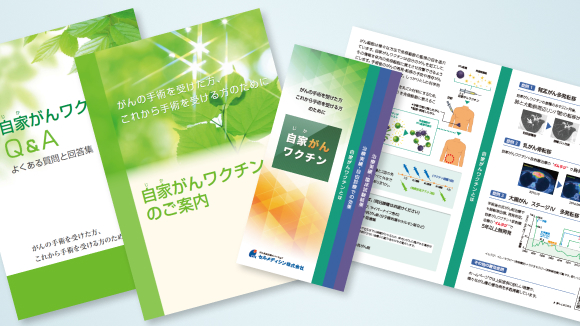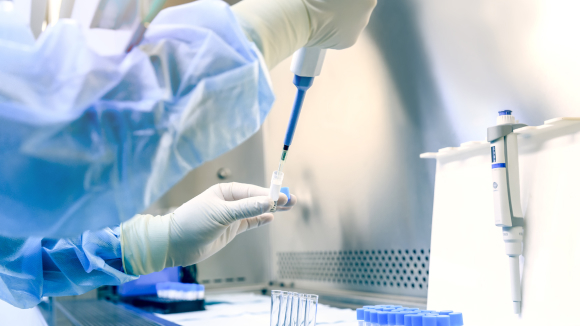Miyazaki T, Ishikawa E, Matsuda M, Sugii N, Kohzuki H, Akutsu H, Sakamoto N, Takano S, Matsumura A. Infiltration of CD163-positive macrophages in glioma tissues after treatment with anti-PD-L1 antibody and role of PI3Kγ inhibitor as a combination therapy with anti-PD-L1 antibody in in vivo model using temozolomide-resistant murine glioma-initiating cells. Brain Tumor Pathol. 2020; 37(2):41-49.
Abstract
Although chemoimmunotherapy often lengthens glioblastoma (GBM) survival, early relapses remain problematic as immunosuppressive M2 macrophages (Mϕ) that function via inhibitory cytokine and PD-L1 production cause immunotherapy resistance. Here, we detail anti-PD-L1 antibody effects on the tumor microenvironment, including Mϕ infiltration, using a temozolomide (TMZ)-treated glioma model. In addition, we tested combinations of anti-PD-L1 antibody and the M2Mϕ inhibitor IPI-549 on tumor growth. We simulated late TMZ treatment or relapse stage, persistent GBM cells by generating TMZ-resistant TS (TMZRTS) cells. M2Mϕ-associated cytokine production and PD-L1 expression in these cells were investigated. TMZRTS cells were then subcutaneously implanted into C57BL/6 mice to determine the effectiveness of an anti-PD-L1 antibody and/or IPI-549 treatment on infiltration of CD163-positive Mϕ, usually considered as an M2Mϕ marker into tumor tissues. CD163 expression in samples from human GBM patients were also evaluated. CD163-positive Mϕ heavily infiltrated TMZRS tumor tissues after in vivo anti-PD-L1 antibody treatment. Tumor growth was strongly inhibited by anti-PD-L1 antibody and IPI-549 combination therapy. Anti-PD-L1 antibody treatment significantly reduced infiltration of CD163-positive Mϕ into tumors, while combined PD-L1 antibody and IPI-549 therapy remarkably inhibited tumor growth. These therapies may be useful for recurrent or chronic GBM after TMZ treatment, but clinical safety and effectiveness studies are needed.

























